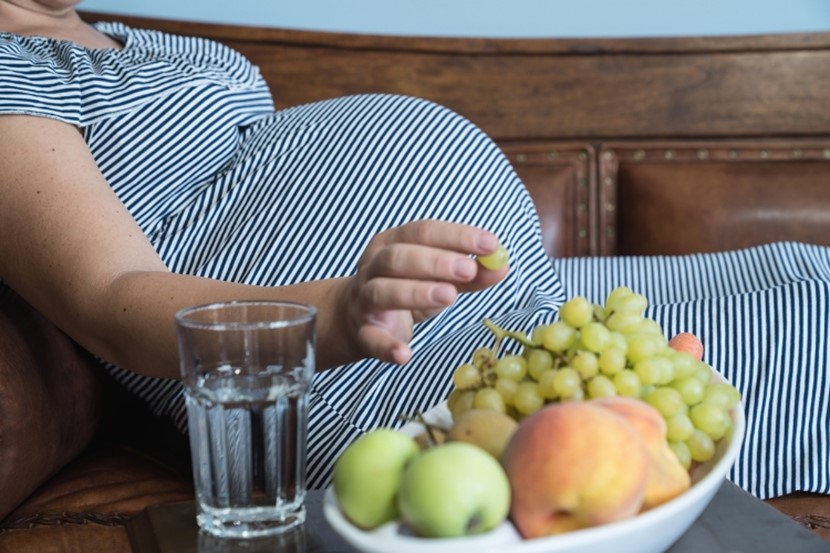Here's why folic acid is so vital in pregnancy

If you're pregnant or you’re trying to get pregnant, it's critical that you get enough folate. Naturally occurring folate is not as easily absorbed as the man-made version, folic acid, so it's best taken via folic acid supplements.
“The best thing you can do for your baby is ensure your diet is on-track and full of goodness before you get pregnant, which includes eating folate-rich foods and taking a folic acid supplement,” says nutritionist Anna Hansen.
Folate is an essential B vitamin, and is important in cell growth and reproduction, and helps to reduce the risk of your baby having a neural tube defect (first occurrence) when the right amount is taken at least one month before conception, and for 12 weeks after conceiving.What is folate and why is it important?
| Pregnancy nutrition tips Eight essential pregnancy supplements |
What is a neural tube defect (NTD)?
Neural tube defects (NTDs) are a major group of birth defects where the brain, spinal cord, or the covering of these organs don’t develop properly. Spina bifida and anencephaly are the most common types of NTDs. Spina bifida results from the failure of the spine to close properly during the first month of pregnancy. Babies born with anencephaly have underdeveloped brains and incomplete skulls.
How can I get more folate naturally?
According to the Ministry of Health, you’d have to eat the equivalent of 500g of raw spinach, or 900g of boiled spinach or raw broccoli daily to get the amount needed to reduce the risk of having a baby with a neural tube defect. Folate is found naturally in leafy green vegetables such as spinach and broccoli, citrus fruits, avocados, wholemeal bread, yeast, liver, and legumes such as chickpeas and beans.
How much folic acid do I need?
Many cereals and cereal products, bread, and fruit juice have folic acid voluntarily added to them by food manufacturers, however, the Ministry of Health recommends you take an 800ug folic acid tablet at least one month before you start trying to conceive, and then through the first 14 weeks of pregnancy.
A daily folic acid tablet of 5 mg is also recommended for women who are on insulin treatment for diabetes for at least four weeks prior to conception and for 12 weeks after conception to reduce the risk of NTDs.
A daily folic acid tablet of 5 mg is also recommended for women who are taking medications known to affect folate metabolism such as anti-convulsants, infertility treatment, vitamin A analogues used to treat acne, and some anti-tumor agents such as carbemazepine, clomiphene, valproate, retinoids and etretinate. This tablet should be taken for at least four weeks prior to conception and for 12 weeks after conception to reduce the risk of NTDs.
Women who are themselves affected with a NTD, or who have had a child with a NTD, or a close family member who has had a NTD, or whose partner is affected or had a family history of NTD, are recommended to take a higher dose of 5000 µg (5 mg) of folic acid daily with subsequent pregnancies for at least four weeks prior to conception and for 12 weeks after conceiving to reduce the risk of NTDs.
What happens if I have too much folic acid?
Consuming excessive folic acid could be harmful, and some studies have shown that it could mask a vitamin B-12 deficiency, and has been linked to an increase in certain types of cancer. However, Anna Hansen believes more studies need to be carried out to determine the actual risks.

